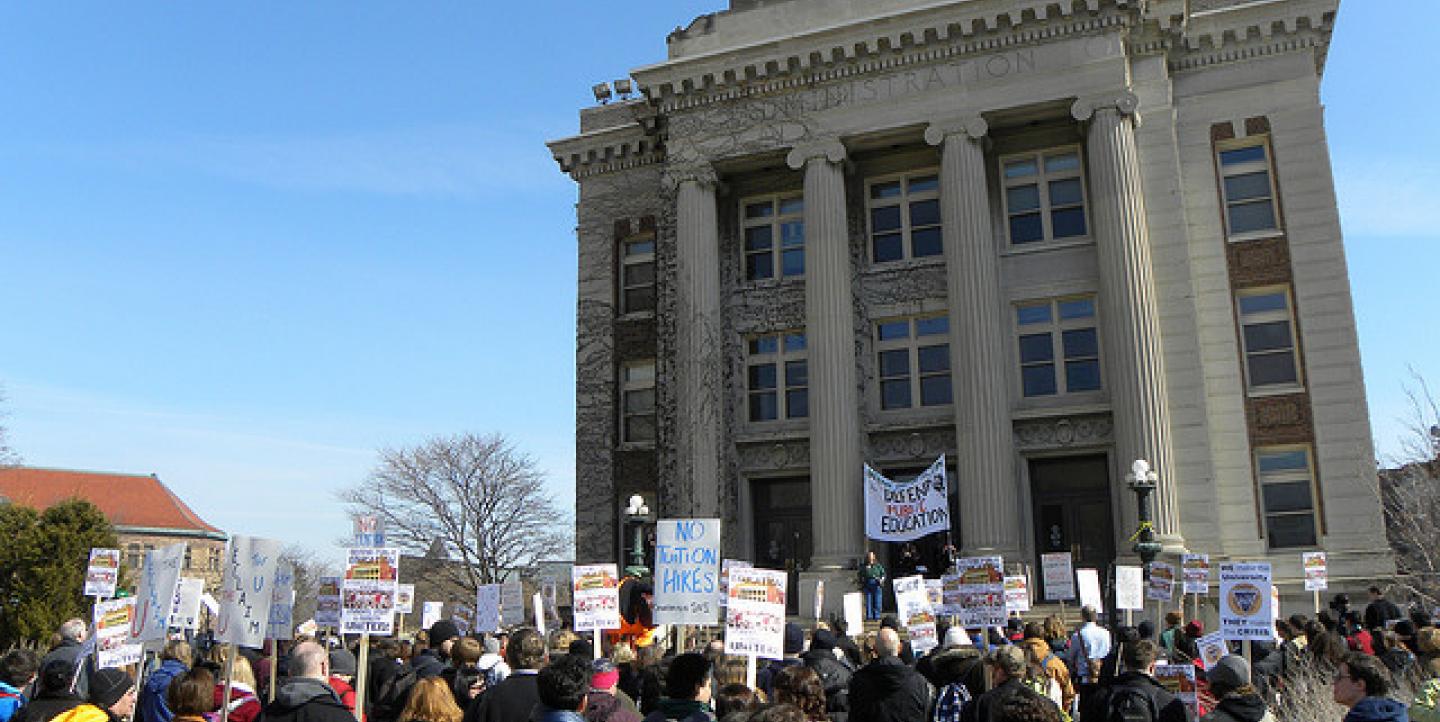It's tempting for journalists to rely on public opinion polls when gauging political sentiment, especially when the results yield catchy headlines.
But often, polls don't accurately represent public perception, notes sociologist Herbert J. Gans in a recent Nieman Journalism Lab post. Several factors, including the pollsters' wording and the participants' ability to answer on the spot without much forethought, make the opinions expressed in polls "passive" rather than "active," he writes. He offered advice on how journalists can report more accurately on public opinion. Here are a few takeaways:
Remind readers of the poll's limitations
When reporting the results of a poll, it's important to add context rather than present the results in a vacuum. Journalists should tell the audience that participants did not express their thoughts freely, but instead had to choose from a short list of options. "From time to time, they should remind the news audience that polls are answers to questions rather than opinions, just as they now remind audiences of the polls’ error margins," he writes.
Focus on citizen action
Rather than relying on poll results to measure public opinion, Gans says journalists should "report news about active citizen expressions of opinion, at local town halls, organized debates, demonstrations, teach ins, and the like," he writes. These gatherings are often discussed on political websites covering local, regional or national activities.
Track citizen communication with politicians
One way to gauge how strongly citizens feel about an issue is to measure the extent to which they have broached the topic with leaders. Journalists should ask elected and appointed officials about the frequency of these personal interactions. "Keep track of the number, content, and tone of phone calls, letters, and other communications to elected officials, particularly those directly involved in an issue," Gans says. "Spontaneous communications have priority over organized ones, notably the now ubiquitous petitions requiring only single clicks on a website."
Photo CC-licensed on Flickr, courtesy of Fibonacci Blue

